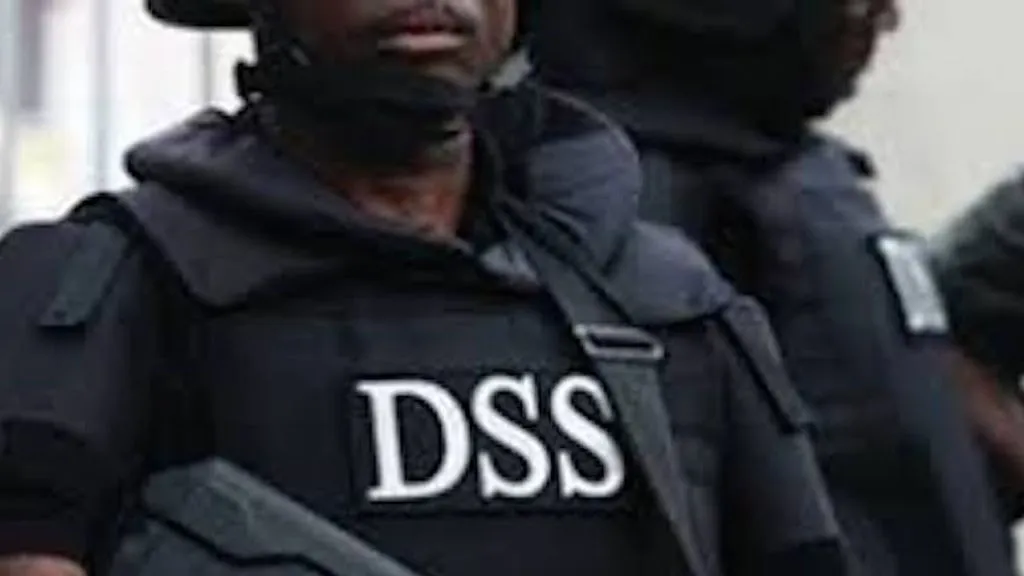New Telegraph Publishing Company on Saturday apologised to the Department of State Services (DSS) over reports of the agency’s involvement in the Lagos State House of Assembly crisis on Monday, February 17.
New Telegraph in a publication titled: “REVEALED: DSS Invited To Prevent Obasa From Resuming, Didn’t Invade Lagos Assembly “, retracted its initial report clarifying that its reporting was based on eyewitness accounts and acknowledged that the information was incomplete and had unintentionally misrepresented the role of the DSS.
On this premise, New Telegraph wishes to apologise to the Department of State Services for the news published on Monday 17th February 2025, regarding the presence of DSS at the Lagos State House of Assembly.
“It came to light in some of the letters that we actually now saw that it was the clerk of the Lagos Assembly who wrote for DSS protection at the House of Assembly. But if you look at the video, it was made to appear as though the lawmakers were fighting to get inside and they were shocked that DSS was there.
“However, our intention was not to malign or embarrass the DSS, an institution we hold in the highest regard for its critical role in safeguarding our nation.
“Our reporting was based on eye-witness account obtained from sources available at the Lagos State House of Assembly. However, we recognize that the report may have been incomplete and unintentionally misrepresented the service and its presence at the State House of Assembly. We regret any embarrassment this may have caused.”
It would be recalled that the DSS had threatened legal action against both media stations, accusing them of publishing false and malicious reports.
In a letter sent by their lawyer, Adedeji Adedipe (SAN), the DSS refuted claims that it had engaged in any unlawful activities. The agency explained that its role was to support existing security forces, and it did not engage in any unlawful activities.
The DSS demanded an immediate retraction and public apology to be aired across all platforms for three consecutive days. It further warned that failure to comply within seven days would prompt civil and criminal legal actions under Nigeria’s Cybercrimes Act.















